#by Jan Matejko
Explore tagged Tumblr posts
Text

I appreciate ageless Vytautas's love for red dresses
#полисів хлопець... таке жеття...#by Jan Matejko#Lithuania#Grunwald#Jan Matejko definitely didn't like Vytautas much#but that's what makes this painting beautiful#Jagailo was a coward bitch anyway. no wonder Lithuanians let Belarus use his symbol#although the Jagailo cross is actually way older and is called the cross of Jefraśińja Połackaja
4 notes
·
View notes
Text
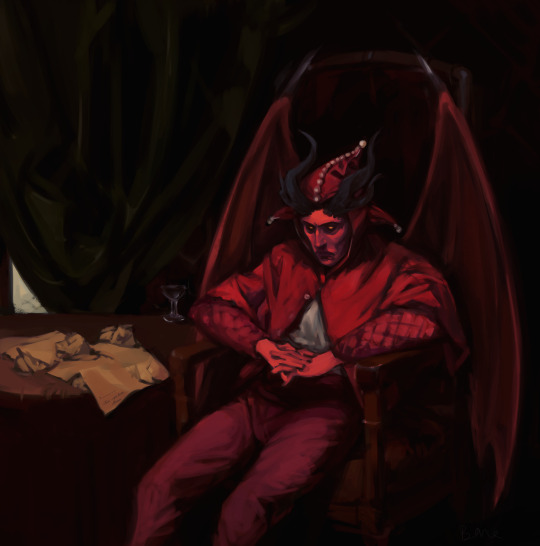
You refused to sign his contract so he put on his lymeric Snuggie
#raphael#bg3 raphael#bg3 fanart#bg3#baldur's gate 3#my art#house of hope#based on stanczyk by jan matejko#fail son of Mephistopheles#I was done and realized I forgot his wings and I let out the worlds longest groaaaaaaaaaaaaaaaaaaaaaaaan
4K notes
·
View notes
Text
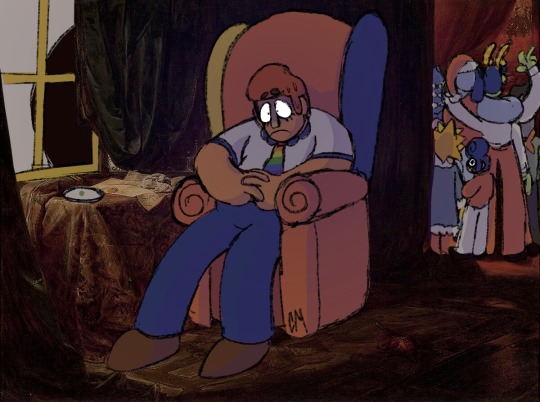
Added another contender for a "depressing times sitting in a chair" reference to draw Eddie in ♥️ Its fun. And heartbreaking. Heartbreakingly fun!
...
At this point, just don't sit in chairs, it's not worth it.
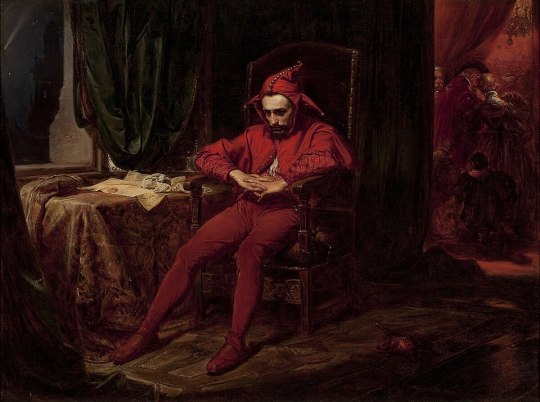

1K notes
·
View notes
Text








Romanticism (2024), Hana Vu, photography by Christopher Ripley and Maegan Houang
Judith Slaying Holofernes (1620), Artemisia Gentileschi | Boy with a Basket of Fruit (1593), Caravaggio | Stańczyk (1862), Jan Matejko | Mary Magdalene as Melancholy (1622-1625), Artemisia Gentileschi
#hana vu#artemisia gentileschi#caravaggio#jan matejko#judith slaying holofernes#boy with basket of fruit#stanczyk#mary magdalene as melancholy#em posts
563 notes
·
View notes
Text

Astronomer Copernicus, or Conversations with God (Jan Matejko, 1872)
385 notes
·
View notes
Text

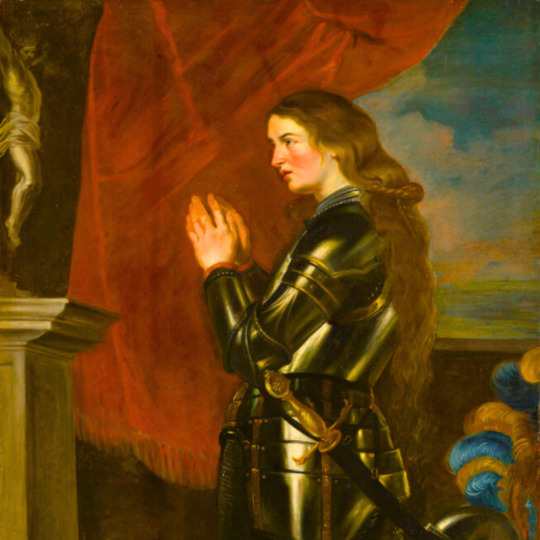
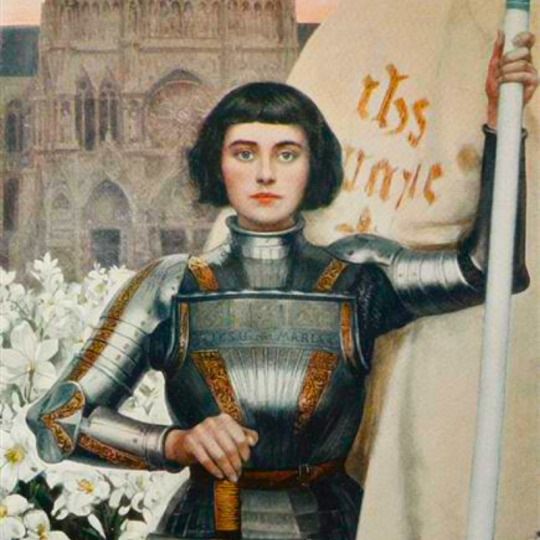
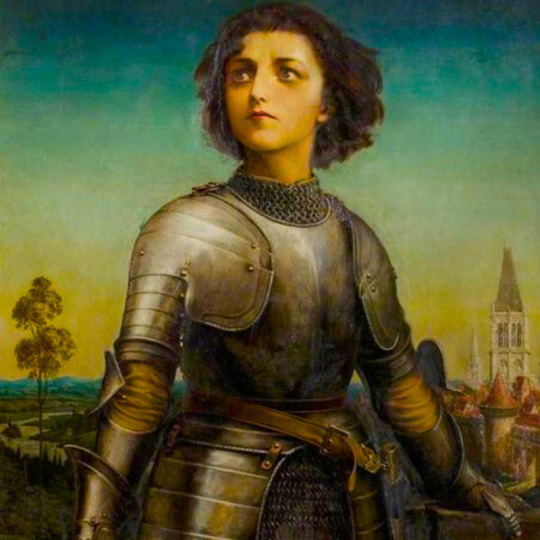
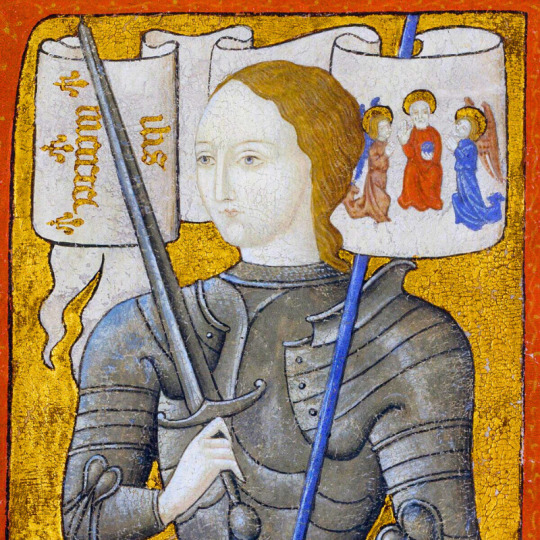
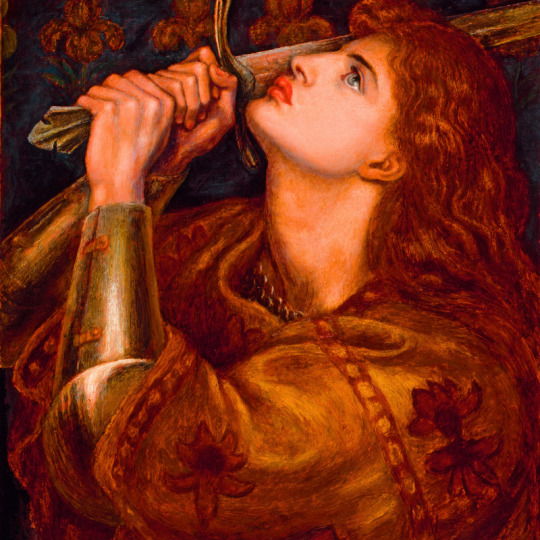
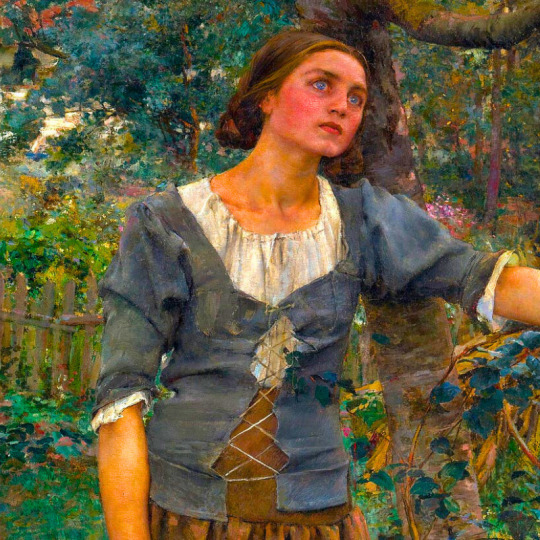
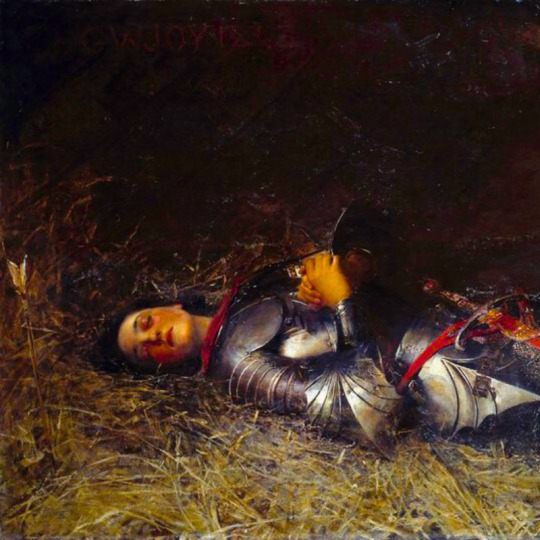
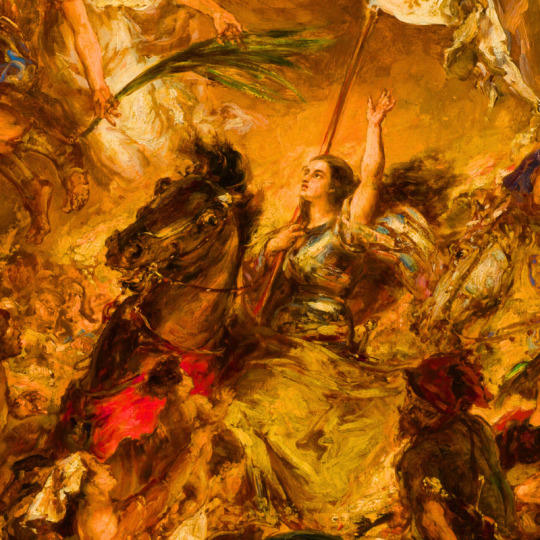
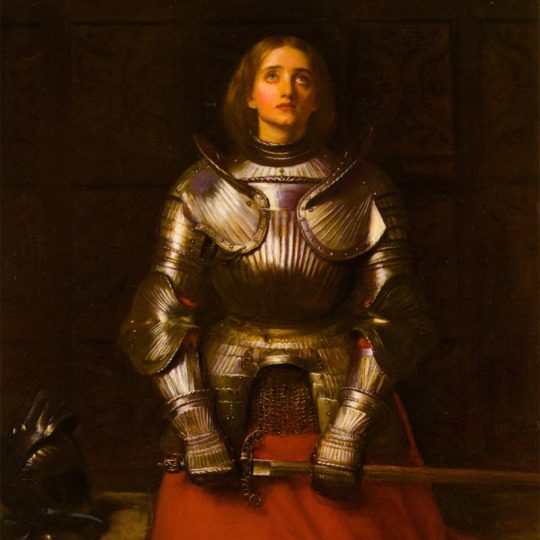
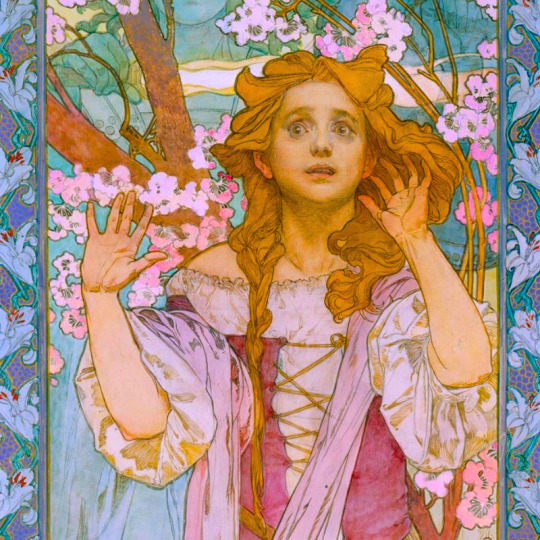
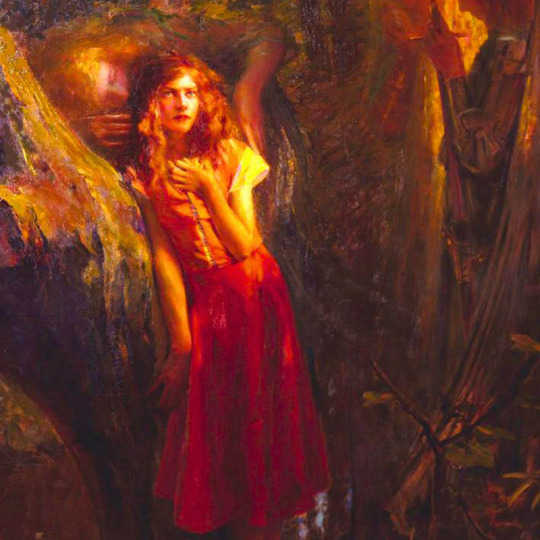
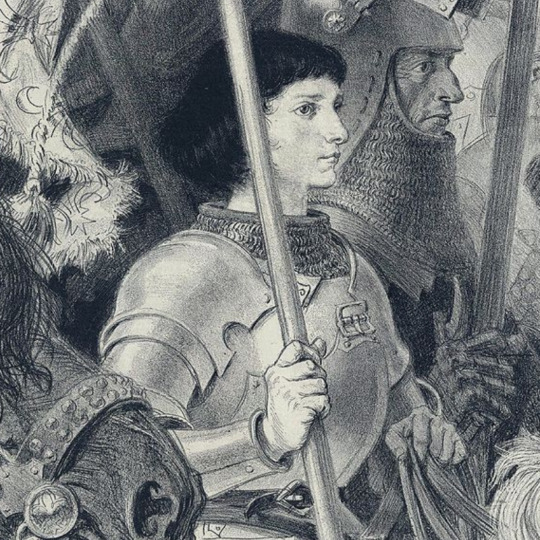
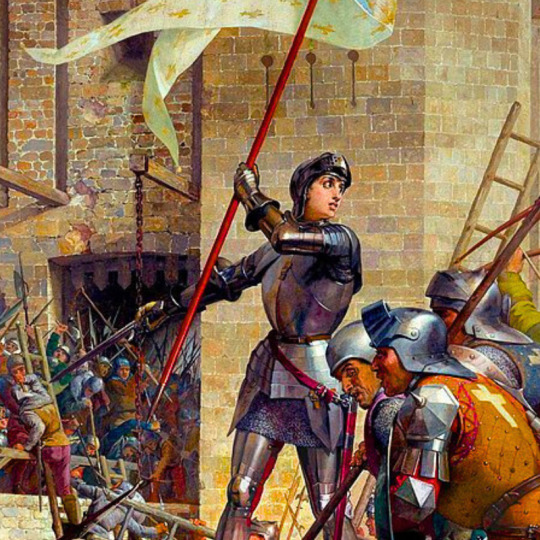
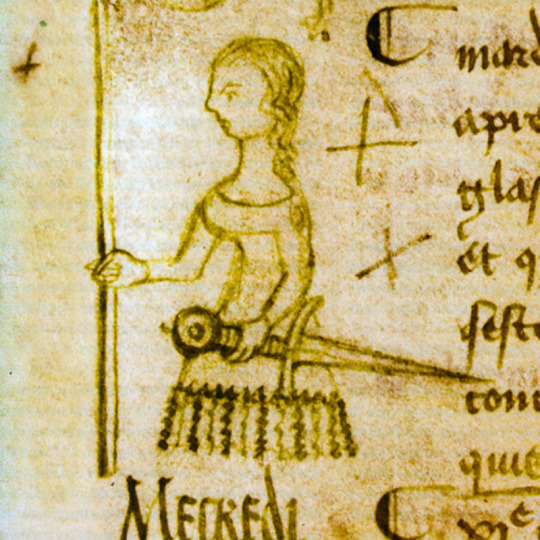
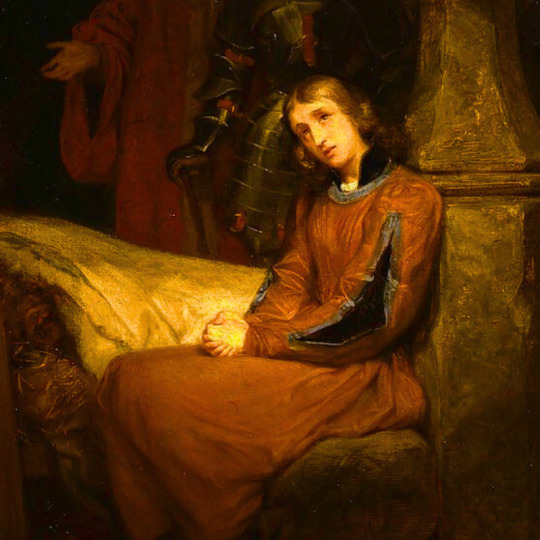
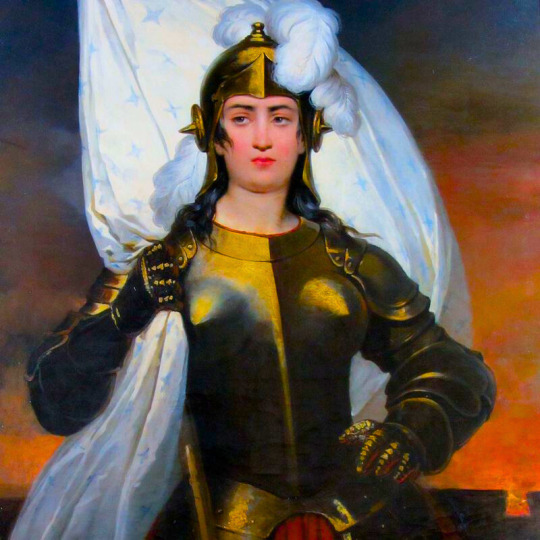
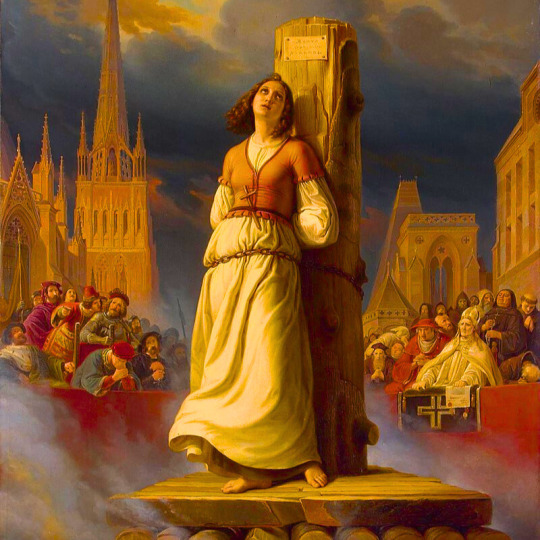
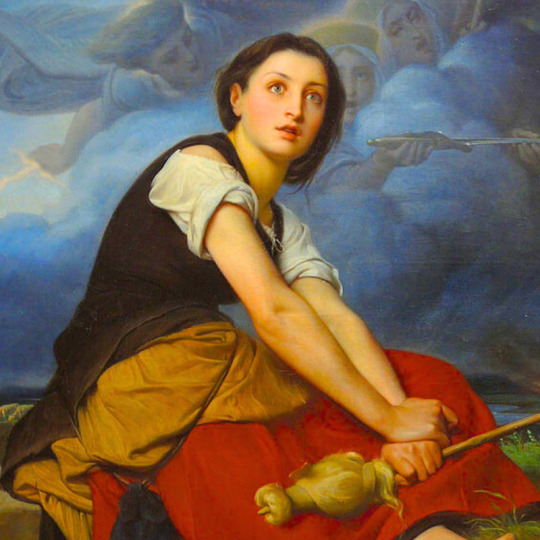
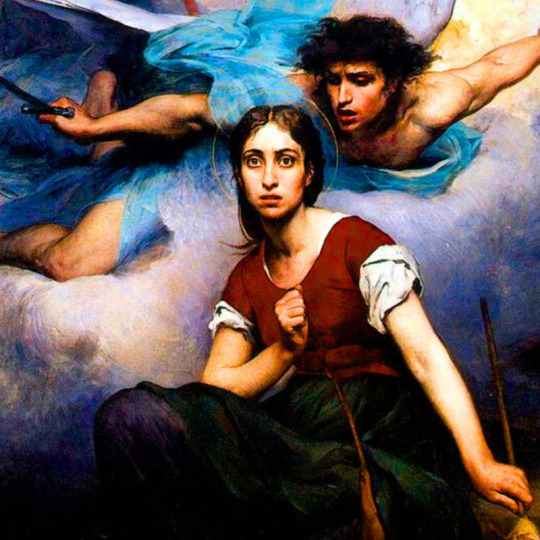
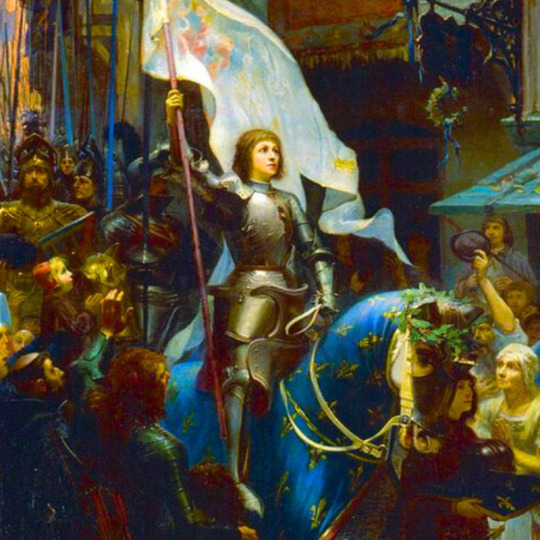
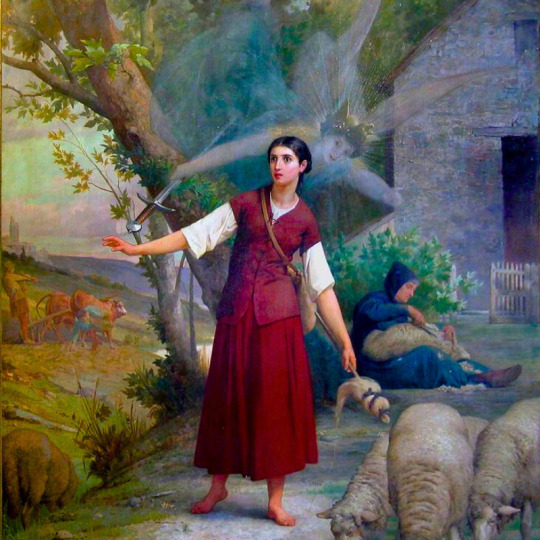
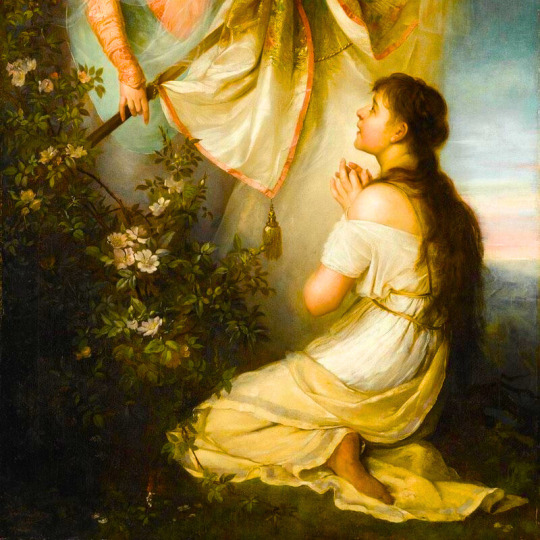
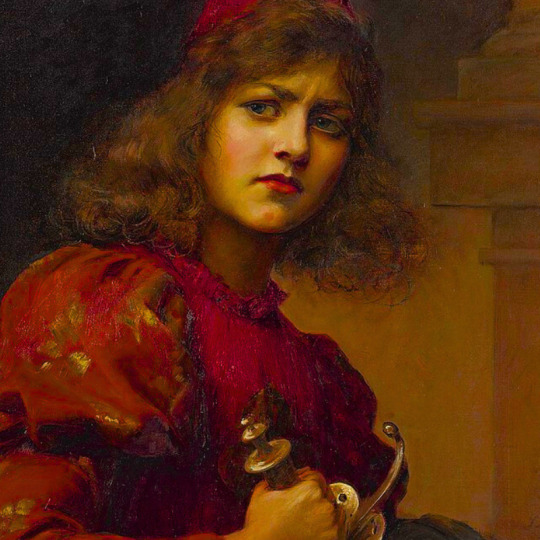
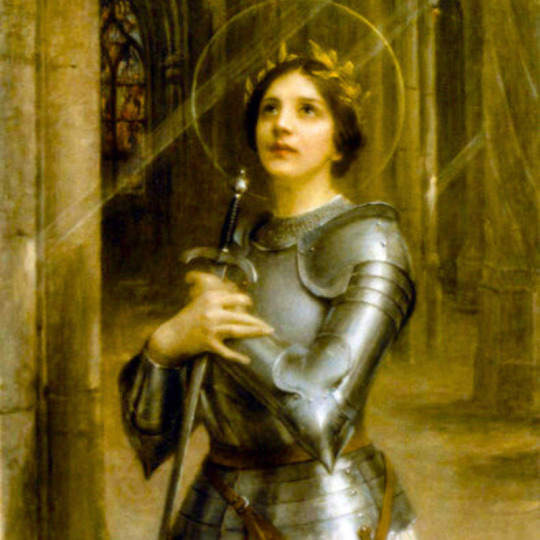
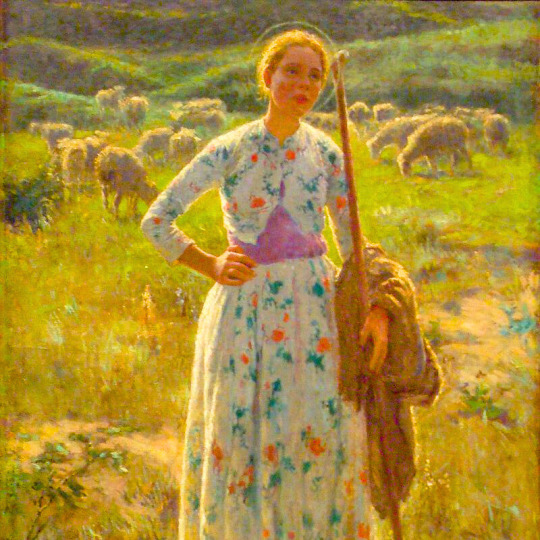
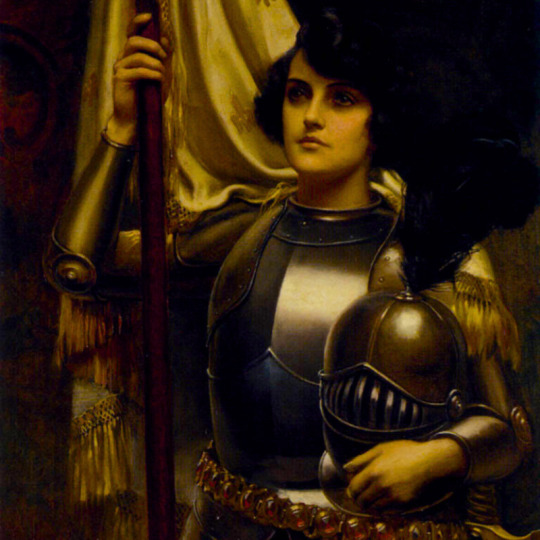
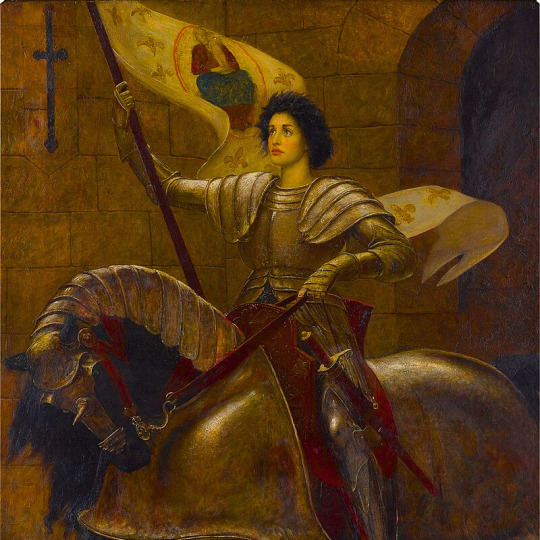

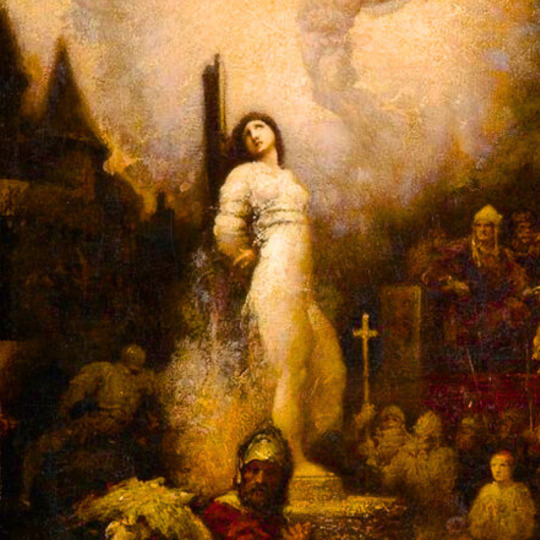
women in art: jeanne d'arc
#artist is jean-auguste dominique ingres#artist is peter paul rubens#artist is albert lynch#i dont know the artist#dont know the artist#artist is dante gabriel rossetti#-artist is jules bastien lepage#artist is george william joy#artist is jan matejko#artist is john everett millais#artist is alphonse mucha#artist is gaston bussiere#i dont know artist but its from the cover of joan arc by mark twain#artist is jules-eugene lenepveu#artist is clement de fauquembergue#artist is gillot saint-evre#artist is raymond monvoisin#artist is stilke hermann anton#artist is francois-leon benouville#artist is eugene thirion#artist is jean-jacques scherrer#--artist is jules-eguene lenepveu#artist is henryk siemiradzki#artist is paul de la boulaye#artist is charles-amable lenoir#artist is gari melchers#artist is harold h piffard#artist is william blake richmond#artist is annie swynnerton#artist is francois chifflart
874 notes
·
View notes
Note
Take my skull, crack it open, and drink from it like a goblet—I’d feel blessed to quench your thirst. Rip my lungs out, let them hang from your ceiling as trophies while I suffocate. Pull my intestines out, knot them into a leash, and drag me behind you—I’ll crawl like the grateful pet I am. Carve your name into my bones so even in death, I belong to you. Burn me alive if it keeps you warm and I will thank you for the privilege of being ash at your feet. Tear me apart, consume me whole, and I’ll thank with my last fucking breath for the honor of being destroyed by your hands.

#dark times birth deranged poets#twirling my jester bells as I read this masterpiece#personal#Jan Matejko - Stańczyk (1862)
164 notes
·
View notes
Text

Jan Matejko - Stańczyk (1862)
163 notes
·
View notes
Text
Some Art Vocabulary

Abstract - Simplified, intended to capture an aspect or essence of an object or idea rather than to represent reality.
Amber - Tree resin that has become a fossil. It is semi-transparent and gem-like. Amber is used in jewelry today as it has been for thousands of years.
Amulet - Object, organic or inorganic, believed to provide protection and turn away bad luck. Amulets were often worn as jewelry in antiquity.
Anneal - To heat metal to make it soft and pliable.
Black-figure - Technique of vase painting developed in Greece in the 7th and 6th centuries BCE and adopted by the Etruscans. Figures are painted on a reddish clay vase in black silhouette and details are then cut away with a sharp point down to the red below. Sometimes artists added additional colors, especially purple-red and white.
Bronze Disease - Corrosion of a bronze object that cannot be permanently stabilized. Without special care, an object with bronze disease will continue to corrode.
Bust - Portrait of a person including the head and neck, and sometimes the shoulders and part of the chest.
Cameo Glass - Glass produced by layering two or more colors of glass. Generally, an upper layer of white stood out against a contrasting lower background, usually blue.
Cameo Stone - Hard stone, such as agate, naturally layered with bands of color. Artists took advantage of the layers to carve figures or decoration from an upper layer (or more than one), leaving a background layer of a different color.
Cast - To make in a mold from liquid metal. A cast object can be hollow or solid.
Chasing - Technique of adding definition and details to an image or design on metal from the front using blunt and sharp tools.
Conservator (of antiquities) - Professional responsible for preserving ancient objects and materials. Conservators usually have a general knowledge of chemistry and of ancient art-making practices and are often specialists in one material. Among many other responsibilities, they conduct technical and historical research and oversee preventive care such as climate control.
Contrapposto - (”opposite” in Italian) Pose of a standing figure with most of the weight on one leg and the other bent. This causes hips, shoulders, and head to shift in order to balance the body. One arm is often higher and one lower.
Emery - Hard, dense rock rich in corundum, found easily on the Cycladic Islands. A powerful abrasive for grinding and smoothing other stones.
Encaustic - Technique of painting using colored pigments mixed with wax. The waxy mixture was worked with a tiny spatula.
Gild - To apply a thin layer of gold foil or liquid gold (gilt) to create the look of solid gold.
Iconography - Study of and use in art of repeated images with symbolic meaning.
Incise - To press or cut into a surface (stone, metal, clay, wood) with a sharp tool to write text or create fine curving and linear details.
Inlay - To decorate an object by inserting a piece of another material into it so that it is even with the original surface.
Low Relief - Method of carving figures or designs into a surface so that they are raised slightly above a flat background.
Mosaic - Technique and type of artwork. The technique is to arrange cubes of stone, glass, and ceramic to form patterns and pictures in cement, usually on a floor. The artwork is the final story or decoration made of cubes.
Mummification - Process of preserving a body by drying it. The Egyptians removed internal organs and put natron, a natural mineral mixture, on and inside the body. This absorbed moisture and prevented decay.
Palmette - Stylized palm leaf used as decoration in ancient Greek and Roman art and architecture.
Pentelic - From Mount Pentelicus, near Athens. An adjective that mostly refers to the beautiful white Greek marble marble in its quarries.
Portrait - Image of a person, usually the head and face. Some portraits include part of the chest or show the whole body. The image may closely resemble a person or emphasize, idealize, or invent characteristics.
Repoussé - Technique of raising the outline of a design on metal by repeatedly heating and softening the metal and pushing the desired shapes into it from the back with a blunt tool.
Sarcophagus/Sarcophagi (pl) - Stone coffin, often decorated on the sides with mythological scenes carved in relief, sometimes with the image of the deceased person or couple on the lid. Used in Imperial Roman times from the early 100s into the 400s CE.
Stele/Stelai (pl) - Upright stone or wooden slab or pillar used to honor a person or mark a place. Often an inscribed grave marker or a boundary stone. (Also called stela/stelae.)
Syncretism - Blending of elements of different cultures, often resulting in new imagery or new interpretations.
Tessera/tesserae (pl) - Pieces of stone or other hard materials cut into squares or cubes to make mosaic art.
More: Word Lists ⚜ pt. 2
#art#terminology#word list#writeblr#dark academia#writing reference#spilled ink#literature#writers on tumblr#writing prompt#poetry#poets on tumblr#writing inspiration#creative writing#light academia#langblr#linguistics#jan matejko#romanticism#art vocab#writing resources
265 notes
·
View notes
Text

145 notes
·
View notes
Photo




Stańczyk during a ball at the court of Queen Bona in the face of the loss of Smolensk, 1862 - oil on canvas. — Jan Matejko (Polish, 1838-1893)
#jan matejko#art#paintings#classical art#art details#oil painting#oil on canvas#classic art#art classics#art history#Jan Alojzy Matejko#jester#joker#clown#room#interior#sadness#solitude#loneliness
1K notes
·
View notes
Text
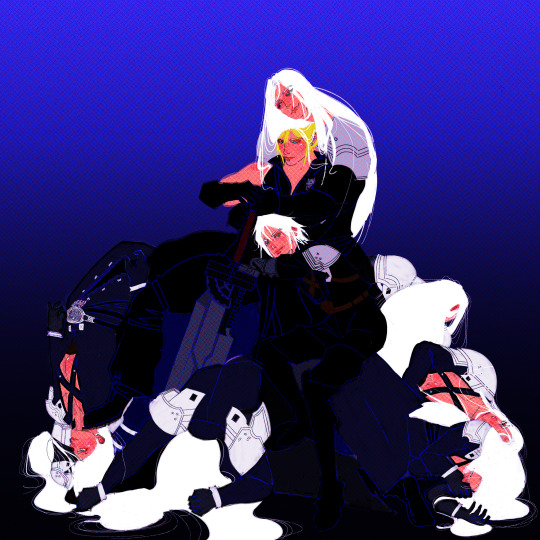
inspired by that depressed red jester painting but make it cloud strife with his 6'7" psychological baggage
#inspired by Stańczyk by Jan Matejko#ec seph was supposed to be a mere head on cloud's lap BUT i can't kill him i love him too much#also that seph behind cloud was supposed to depict the chair in the painting but execution isn't my strong suit as u can see#i breathe and drink ffvii recently i am highkey obsessed#church indulgences for sale#wow i have no trigger warnings for this?? character development#sephiroth corpses though#young sephiroth fanart#ffvii advent children#cloud strife fanart#ff7 ever crisis#sephiroth fanart#sefikura fanart#sephcloud#sfkr#final fantasy vii
180 notes
·
View notes
Text

Henry II the Pious departing for Legnica by Jan Matejko
#henry ii the pious#battle of legnica#art#jan matejko#battle of liegnitz#middle ages#medieval#knights#knight#silesia#silesian#poland#polish#history#christianity#christian#europe#european#castle#portcullis#gate#castles#legnica#henry ii#lower silesia#armour#shield#cross#heraldry#horses
245 notes
·
View notes
Text
the grand final
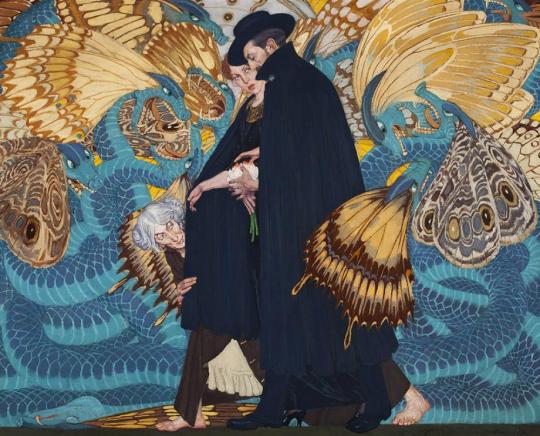

My i wojna:
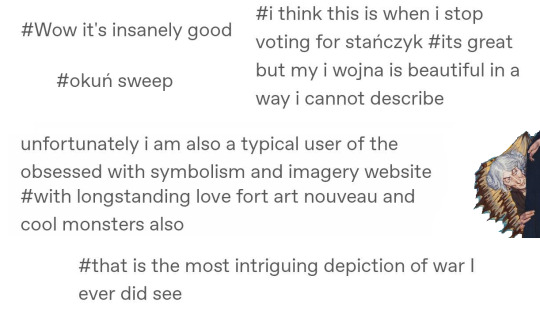
see the og propaganda for us and the war here
Stańczyk:

see the og propaganda for stańczyk here
[the tags in PL read: #i don't know what i will do if stańczyk loses #it's very timeless and that's what i love about it #the nobles partying while the country is tumbling down #what more could you wish for]
and of course:

HAVE FUN EVERYONE
454 notes
·
View notes
Text

#personal#aesthetic#dark#goth#gothic#art#painting#stańczyk#jan matejko#edit#my edit#classical art#1862
81 notes
·
View notes
Text



Neil said on a recent panel Astarion is a harlequin so I doodled sth to celebrate that
#my art#digital art#astarion#harlequin#harlequin astarion#astarion fanart#the 2nd one is referencing “Stańczyk” by Jan Matejko
318 notes
·
View notes